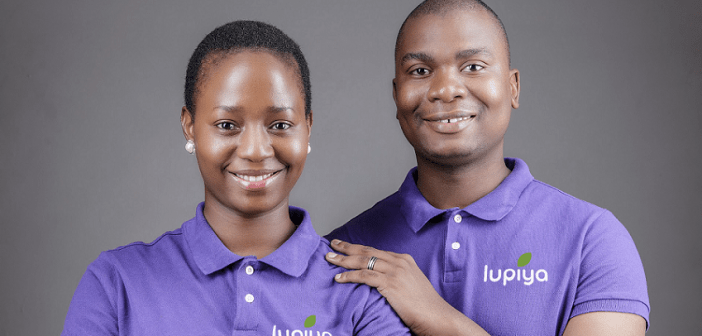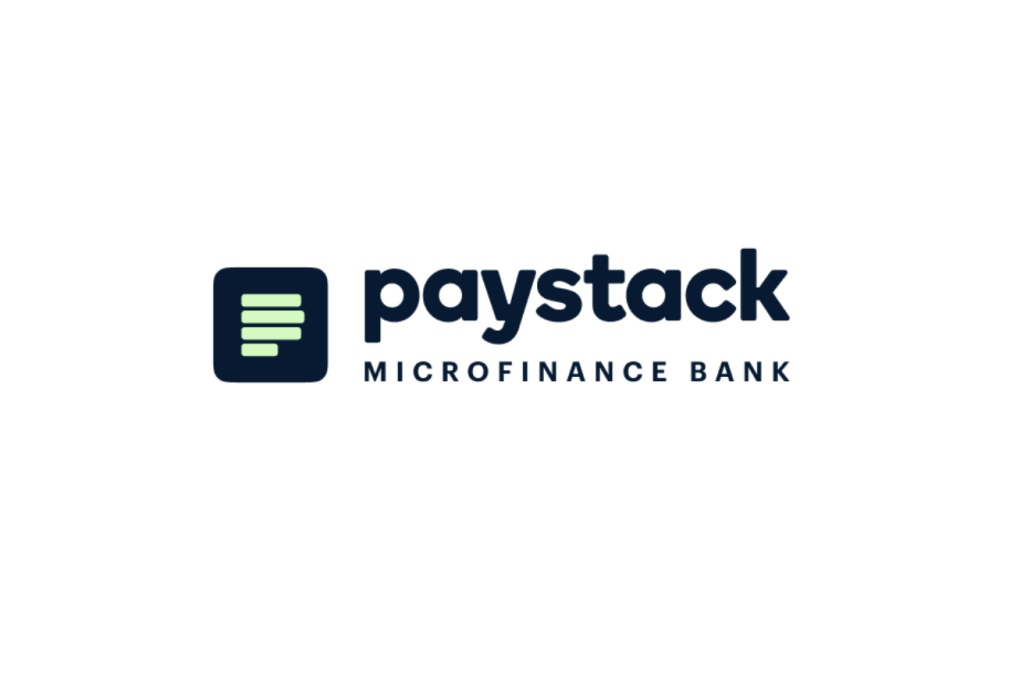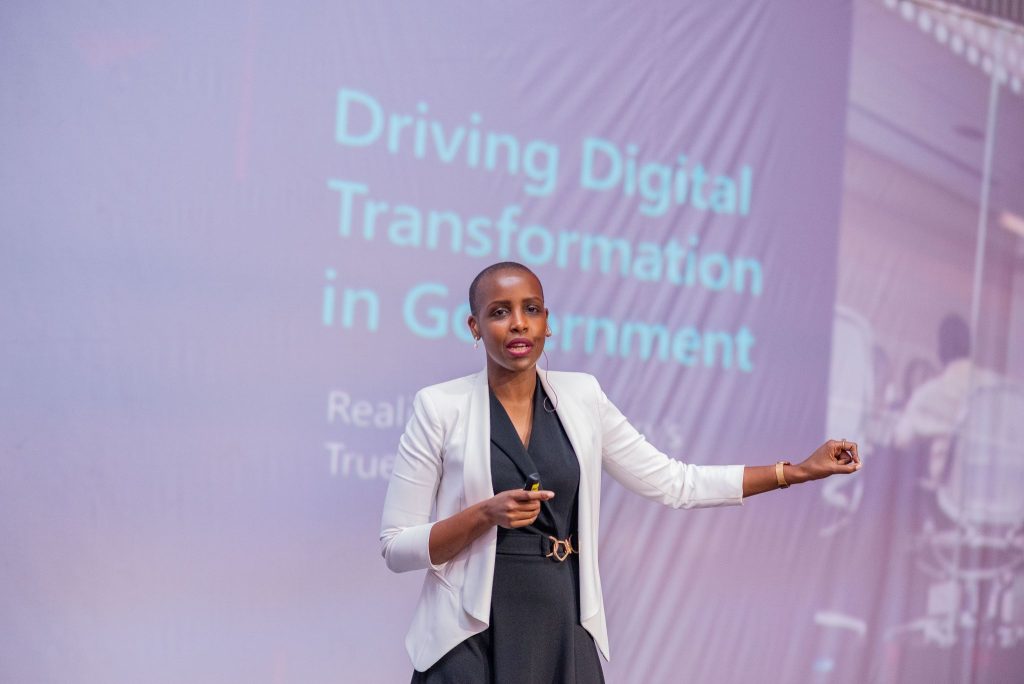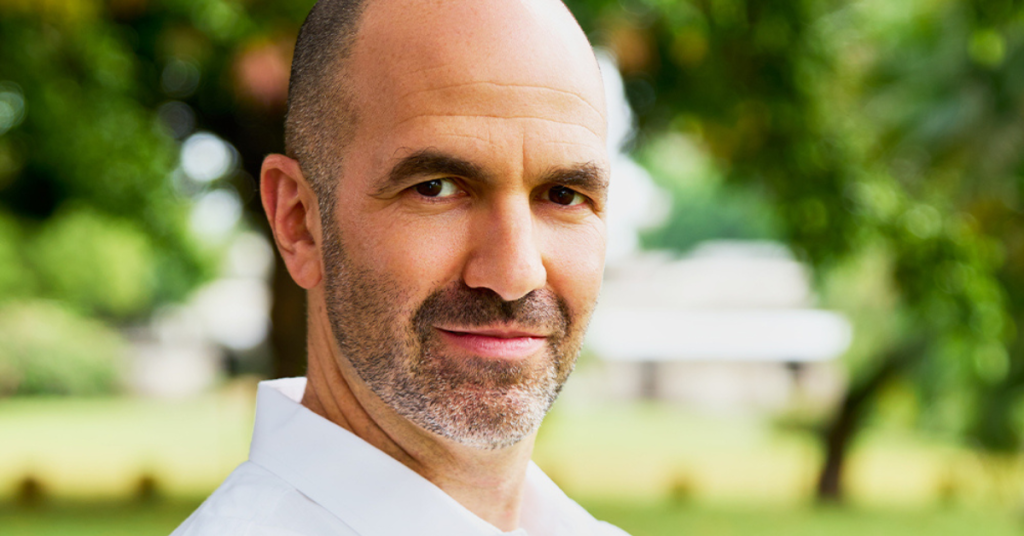The pandemic and the absence of a cure has disrupted the academic calendar of most schools. Very few universities and secondary schools have switched to online learning. The others are still waiting for the government to issue a resumption date. However, pandemic cases have not slowed down in the country as confirmed cases have now crossed 30,000. In fact, Nigeria has bungled its COVID-19 response measures.
On one hand, important short-term measures to guide the education sector, the financial sector and the rest of the economy, are absent. The government continues to move headstrong with little fiscal measures to support businesses and individuals affected by the pandemic.
On the other hand, there is also an apparent lack of coordination within the government that will affect the education sector. On July 6, Chukwuemeka Nwajiuba, Nigeria’s junior Minister of Education, announced the reopening of secondary and primary schools on July 13 for graduating students to write their scheduled external examinations. That announcement was made at the daily briefing of Presidential Task Force on COVID-19 and approved by the president.
But on July 8, the senior Minister for Education, Adamu
Adamu, said schools would not be reopened. “Schools will remain closed,” he said. “We will not open schools soon for examination or for any reason unless it is safe for our children, even WAEC.”
Meanwhile, as schools remain shut, the government has made minimal efforts to provide alternative learning resources. There have been multiple announcements and online learning has also been mooted including zero-rated internet access to educational resources. But nothing concrete from the government yet. Historic infrastructural challenges like electricity and low income mean the role of the
government is crucial now. The National Information Technology Development Agency (NITDA) was expected to coordinate a tech-driven response to support the country during the pandemic. It has made little progress since April.
A number of schools are deciding they can’t wait for the government. A few universities have developed their own e-learning systems and are using Zoom, Telegram and WhatsApp to coordinate classes. Some secondary schools are also attempting to develop their own e-learning platforms as they prepare for a possible shutdown for the rest of the year.
|






